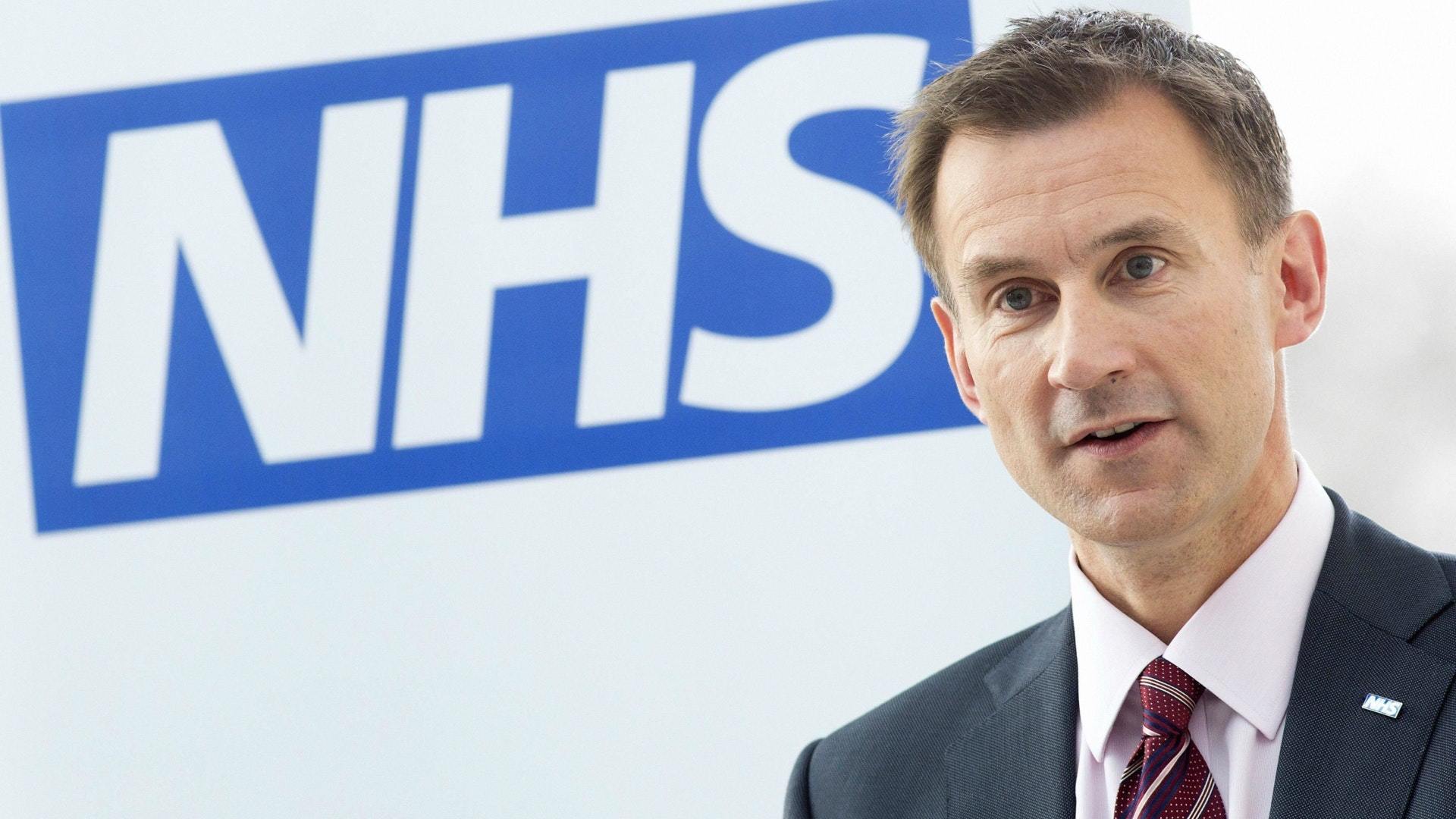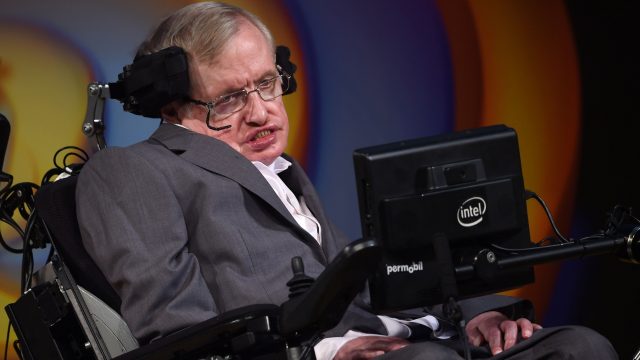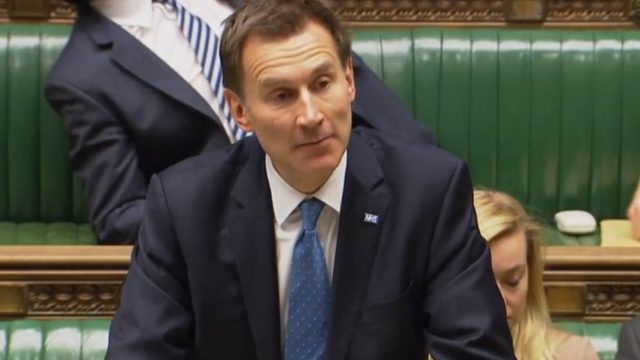
Health Secretary Jeremy Hunt has returned to the fray in his spat with Stephen Hawking, issuing a detailed rebuttal of the world-renowned scientist’s claim that the NHS was at risk of privatisation under the Tories.
Professor Hawking used a high-profile lecture last week to warn that the Government was taking the health service towards a US-style insurance system.
The 75-year-old physicist, who was diagnosed with motor neurone disease in 1962 and said he “would not be here today if it were not for the service”, also took Mr Hunt to task over his plans for a seven-day NHS, accusing him of cherry-picking research findings which backed his case.

Prof Hawking has won the backing of Labour leader Jeremy Corbyn, but Mr Hunt used a series of tweets to say he was wrong about the research findings.
Now, the Health Secretary has used an article on The Guardian’s website to counter his argument in detail.
“I am afraid Professor Stephen Hawking … is once again wrong in his characterisation of government policy towards the NHS,” said Mr Hunt.
“He does not deny that it has record funding or record numbers of doctors and nurses, but describes these as a ‘distraction’.
“Such figures surely are crucial evidence if he is arguing, as he did last weekend in a speech at the Royal Society of Medicine, that the direction of the NHS is heading towards a US-style insurance system.

“Such systems – which he seems to now concede are not Government policy – rely on individuals, and not the state, paying for their healthcare. If that was the direction of travel, the state would be spending less, not more, on the NHS.
“Likewise, more individuals would be taking out private medical insurance – again, the opposite is the case. Although there was indeed a small rise last year, overall there has been a dramatic drop in private medical insurance since 2009.”
Mr Hunt rejected as “incorrect” Prof Hawking’s claim that new “accountable care organisation models” in some parts of the NHS represented a step towards an insurance-based system.
“This has absolutely nothing to do with the funding model of the NHS, which will remain a single–payer taxpayer-funded system free at the point of use – and should do forever as far as I’m concerned,” he said.
Mr Hunt insisted that no-one should “bury our heads in the sand” over standards of weekend care, claiming that most doctors “in their hearts” would prefer their loved ones to be admitted midweek. Ignoring clinicians’ concerns about the weekend care gap would be “a betrayal of duty by a health secretary”, he said.
He added: “I admire and respect Stephen Hawking, and have offered to meet him to discuss these issues further, because I believe – whatever our disagreements – that we both believe in the NHS, and share a passion that it should be the safest and best healthcare system in the world.”

Enjoy the convenience of having The Sunday Post delivered as a digital ePaper straight to your smartphone, tablet or computer.
Subscribe for only £5.49 a month and enjoy all the benefits of the printed paper as a digital replica.
Subscribe